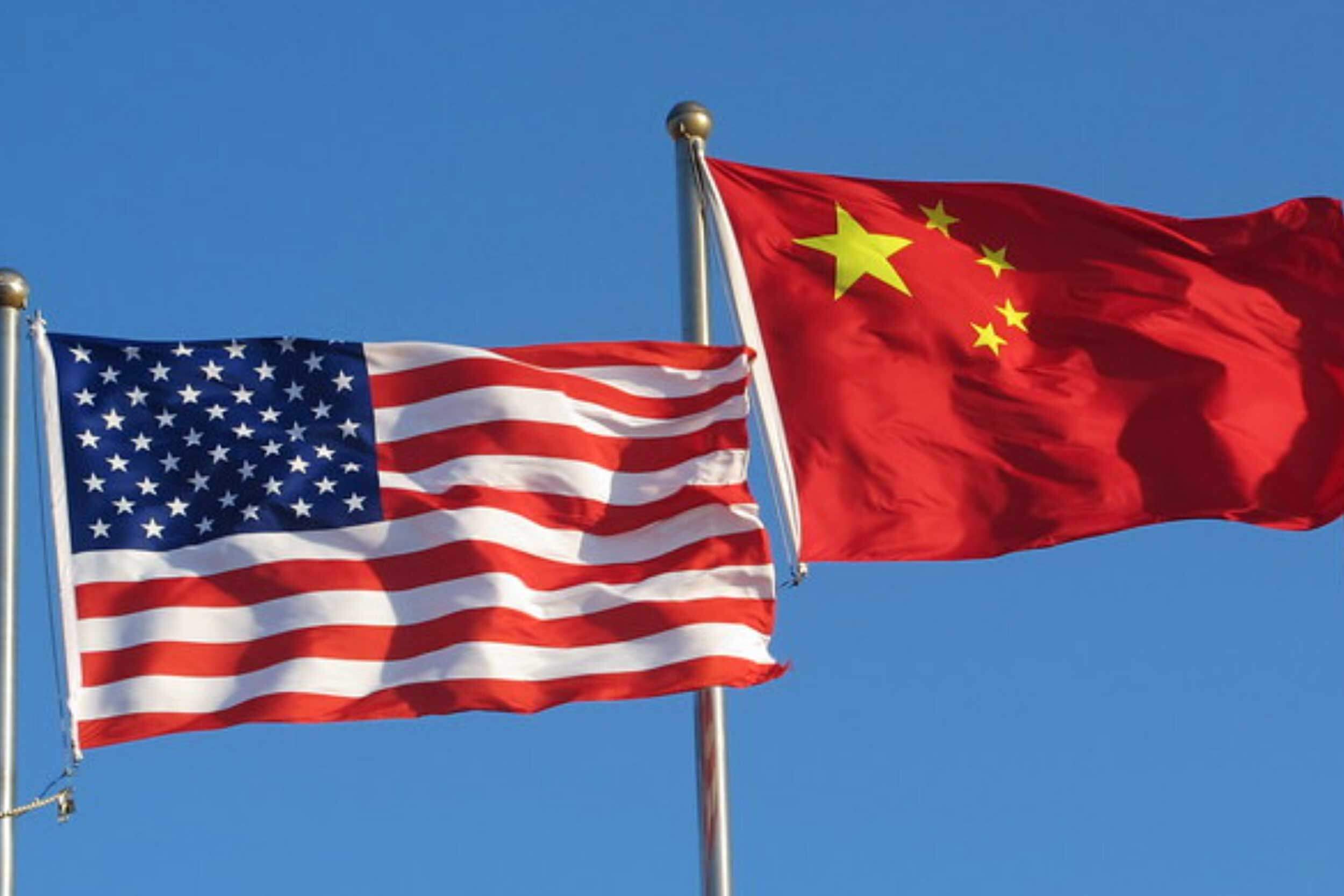As Texas’ third-largest export destination, China has a very strong economic relationship with the Lone Star State.

With 34 foreign trade zones, Texas has the infrastructure to support a robust trade relationship with China. In fact, China is Texas’ fourth-largest export destination, accounting for more than 5 percent of Texas exports in 2023. Leading commodities traded between the Lone Star State and China include oil, industrial machinery, electric machinery and plastics. Texas is also home to world-class airports that connect business travelers with direct flights to Beijing, Shanghai and Hong Kong. Beyond their trade relationship, Texas and China share industry strengths in advanced technology, petroleum refining and chemical products, among others.

As Chinese companies continue to invest in Texas, it’s clear that these two regions share a strong partnership.
Examples of Chinese companies operating in Texas include Catapult Systems and Nexen Petroleum. Other Chinese companies in Texas operate across diverse sectors including electronics, information technology, manufacturing and petroleum products. Cumulative foreign direct investment from January 2011 – December 2023 included 60 projects, with $4,473 million in capital investment and 8,429 jobs created by 55 companies.

The trade relationship between Texas and China continues to thrive, thanks to goods including oil, plastics and more.
Texas exports to China in 2023 totaled $26,467 million, including the following commodities: mineral fuel, oil, industrial machinery, electric machinery, plastics and organic chemicals. Texas imports from China in 2023 totaled $32,694 million, including the following commodities: electric machinery, industrial machinery, furniture, toys, games, sport equipment, articles of iron and steel. Texas port districts that have active trade with China include Dallas-Fort Worth, El Paso, Houston, Laredo and Port Arthur.
Direct flights to/from Beijing are offered at Dallas Fort Worth International (DFW) and Houston George Bush Intercontinental (IAH). Direct flights to/from Shanghai and Hong Kong are offered at Dallas Fort Worth International (DFW).

Not only do China and Texas share an important trade relationship, but the two also share important cultural ties.
For one, Houston’s Chinatown is widely regarded as the largest Chinatown in the Southern U.S. In 2012, the Mandarin Immersion Magnet School (MIMS) opened in Houston. Half of the instruction at MIMS is taught in Mandarin Chinese and half is taught in English, and teachers reinforce the concepts taught across both languages. The school’s success is characterized by the growing Asian population in Houston and surrounding areas. Other organizations that teach Mandarin in Texas include the Lone Star Chinese School in the Dallas-Fort Worth area and Tohuí Language Academy in San Antonio.
We welcome every connection with Texas hospitality and expert perspective. Join our dynamic network and discover the possibilities for your business.
Read how industry-leading companies of all sizes are finding their advantage in Texas.